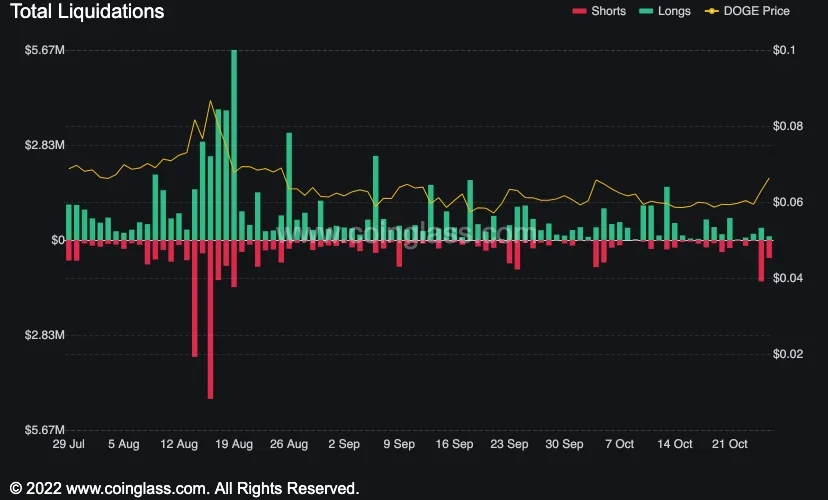
It’s been two years since most people have thought about what Kristin Smith says will be the “biggest regulatory item for the year.”
The executive director of the Blockchain Association was referring to the $1.2 trillion bipartisan infrastructure plan that President Joe Biden signed into law on November 15, 2021. With it, he created a new tax rule that redefines a “broker” as “any person who is responsible for regularly providing any service effectuating transfers of digital assets on behalf of another person.”
At the time, the crypto industry worried that that would include miners, developers, stakers and others who don’t have a typical customer relationship with the people whose transactions they help facilitate.
In 2021, tax experts said there wouldn’t be much the crypto industry could do until the Internal Revenue Service figured out how it wanted to implement the rule. At the time, they estimated it would take at least two years before anything happened.
Now, here we are.
“We do expect the IRS to take this up this year,” Smith said during an interview on the gm from Decrypt podcast. She added: “I do think the IRS are reasonable people. Is that gonna get me in trouble for saying that?”
If the Blockchain Association gets its way, the IRS will focus on requiring centralized exchanges to collect tax information from their customers.
“Our hope is that they focus on that, because it’s obviously going to be very difficult if they start [with] miners and validators and software providers, who help with the operation of a transaction but don’t actually take control of customer funds,” Smith said. “It will be impossible for them to comply.”
When the spending plan was first introduced, Senators Cynthia Lummis (R-WY), Ron Wyden (D-OR), and Pat Toomey (R-PA) proposed an amendment that would have changed the language to specify that miners, developers, and network validators were not included in the “broker” definition.
Their amendment had the backing of Coinbase, Block, Inc. (formerly Square), Ribbit Capital, Coin Center, and the Blockchain Association itself.
Calling the provision as written “too broad and vague,” Coinbase issued an official statement saying that crypto “should not be subject to potentially devastating legislation without public participation and public comment.”
“We support sensible reporting requirements that are consistent with those that apply to traditional financial services,” the company wrote.
But ultimately, the amendment failed to get enough votes, leaving in place a provision that Coinbase said would mean “a massive increase in financial surveillance.”
Now, Smith is hoping that the IRS will implement the rule in the way Sens. Lummis, Wyden, and Toomey wanted in writing. She said it’s likely the rulemaking will play out over several rounds of proposed implementations from the IRS—followed by invitations for the industry and tax professionals to comment—before anything is finalized.
Stay on top of crypto news, get daily updates in your inbox.
Sourced from decrypt.co.
Written by Stacy Elliott on 2023-02-13 00:58:36.









